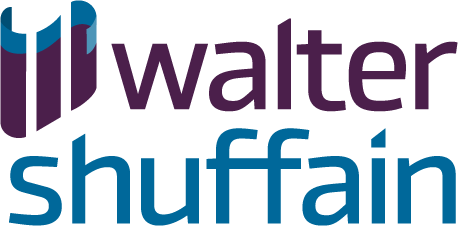On March 18, 2020, the Families First Coronavirus Response Act (FFCRA) was signed into law, marking the second major legislative initiative to address COVID-19. The Families First Coronavirus Response Act requires paid leave for small-business employees affected by coronavirus and includes tax relief for employers.
Mandatory employee paid leave- Effective April 1, 2020
The FFCRA amends the existing Family Medical Leave Act (FMLA) to allow employees to take up to 12 weeks of job-protected leave if needed to care for the employee’s child because the child’s school or daycare is closed or unavailable due to a public health emergency. The first 10 days of leave are unpaid. The remainder is paid at 2/3 of the employee’s regular rate, with a limit on pay of $200 per day and $10,000 total per employee.
In addition, the FFCRA requires emergency paid sick leave. It is limited to $511 per day for up to 10 days (up to $5,110 in total) for an eligible employee in coronavirus quarantine or seeking a coronavirus diagnosis. An employee can also receive emergency paid sick leave of up to $200 per day for up to 10 days (up to $2,000 in total) to care for a quarantined family member or a child whose school or child-care location has been closed due to the pandemic.
Small-employer tax credits
Covered employers will qualify for a dollar-for-dollar reimbursement through tax credits for all qualifying wages paid under the FFCRA. Employers may also take a tax credit for the amount of the employers’ qualified health plan expenses that may be properly allocated to employees’ COVID-19-related leaves. Every dollar of expanded family and medical leave (plus the cost of the employer’s health insurance premiums during leave) will be 100% covered by a dollar-for-dollar refundable tax credit available to the employer.
Small-employer FICA tax relief
Sick-leave and family-leave payments mandated by the FFCRA are exempt from the 6.2% Social Security tax component of the employer’s federal payroll tax that normally applies to wages. Employers must pay the 1.45% Medicare tax component of the federal payroll tax, but they can claim a credit for that outlay.
Forr more information go to the Families First Coronavirus Response Act: Questions and Answers | U.S. Department of Labor
Contact us directly should you have any further questions. At this time, the majority of our staff are currently working from home, which means the best means for contact is via email. We continue to work hard to ensure your personal and business needs are met during these tumultuous times. Stay safe and healthy!
Yours truly,
Walter & Shuffain, P.C.
